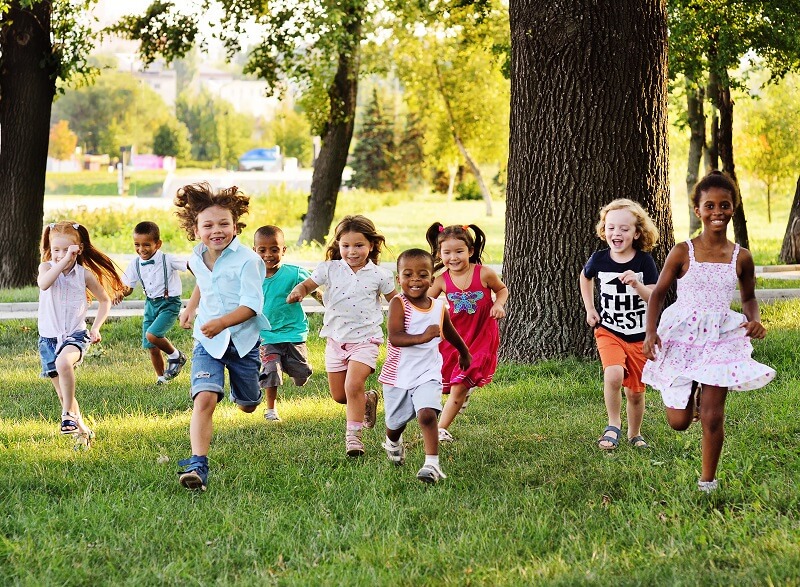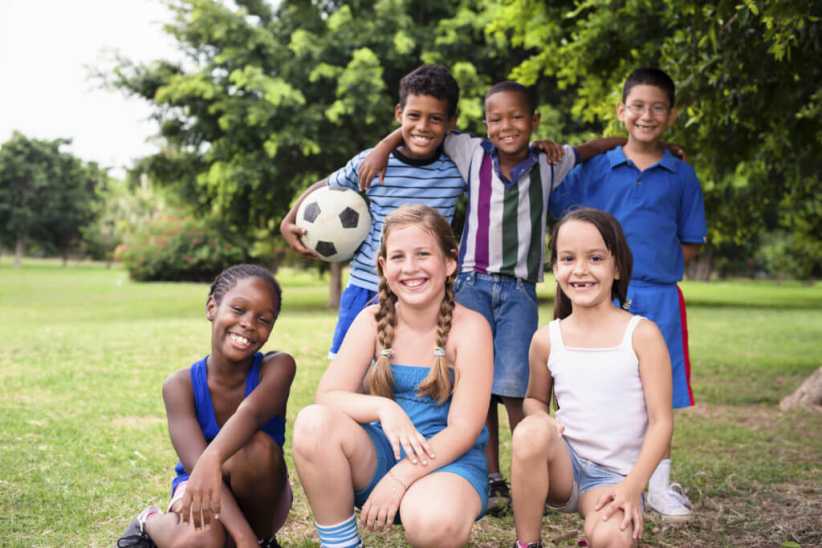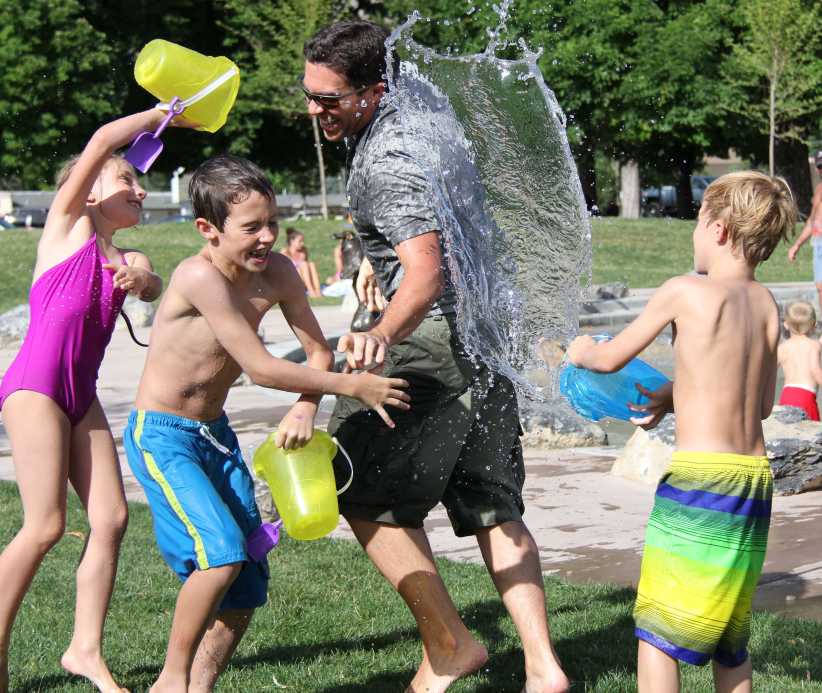
Summer Camps Support Mental Health Challenges
With more children and young adults experiencing mental health challenges, summer camps have needed to adjust over the years, especially during COVID, to help meet the needs of their campers and staff.
Jamie Sirkin, Owner and Director of Summer Trails Day Camp in Westchester and President of the New York State Camp Directors Association, has advocated for almost a decade along with other camp directors to get a law passed that would allow camps in the state to hire licensed professionals such as social workers to work at camp. This past July, the law passed, giving camps the option to hire licensed professionals for their campers and staff. “Camp directors have seen more children arriving at camp with eating disorders, anxiety and depression. Then there are just the things that happen during a typical summer such as a child being upset about their favorite counselor leaving,” explains Sirkin. “This law will give camps the option to have a professional on hand to help children, along with young adult staff, deal with the baggage they come to camp with and to process the things that happen during the camp season.”
Psst…check out Instagram Parental Controls Features are Coming Soon: What Parents Need to Know
When children are prepared before heading off to camp, they feel less anxious about the new experience and ease into camp life easier. “Children who go to camp with positive expectations go into camp excited. We have ramped up a lot of what we do prior to camp to help kids have a smoother adjustment,” explains Matt Krouner, Owner and Director of Camp Schodack, a coed overnight camp in NY. “There are new camper days, home visits, and each camper has a big brother or a big sister. We are having more contact with parents and zoom calls for new parents leading up to camp which is above and beyond what we have done in the past. Our goal is to set positive expectations so campers feel a sense of place before getting to camp.” Camp Schodack also tells campers before the summer that within the first week of camp, they can choose a staff member to be their check-in person. “Campers can identify a person on the leadership team or a counselor that they can go to if they need support. When a child picks the person, it also makes a staff member feel amazing and connected to the person that chose them,” says Krouner.
As camps opened up last summer after a year of COVID, they were prepared for children to come to camp with limited social interactions from a lack of get-together with friends, few extracurricular activities and remote learning. “We knew kids were desperate for social interactions that they couldn’t have for the 18 months prior to camp,” says Krouner. “We went into the summer with a plan to have increased check-ins with campers but most of those weren’t necessary. Children found their stride quickly and felt protected and safe at camp. Staff on the other hand felt more limited at camp without their normal days off out of camp due to COVID and it effected their experience. We’ve made some changes to make sure our staff feel supported. I’ve hired a staff liaison, which is like a staff cruise ship director, to focus on the needs of our staff and to adjust things as the summer goes on.”
Sirkin explains that as kids were back at camp after many months in isolation, simple things like dealing with disappointment, learning to share or taking turns was a struggle for them. “These were things we always taught at camp and now half of the group was having difficulty and the counselors had to manage things on a different level then previous summers. These are not necessarily part of a counselor’s skillset. For next summer, we will enhance this part of our staff training to include mindfulness, taking a break, behavioral management and communication skills.”
The camp director and leadership teams at both day and overnight camps are there to help both campers and staff, however, it’s important for parents to be honest with the camp about any challenges a child may be having. “When you send your child to camp, you are forming a partnership with the camp director. You want to let the director know if your child has had any recent changes in their life or is experiencing any issues that would be helpful for the camp leadership team to know ahead of time. Being upfront with what is going on will help the camp set your child up for a successful summer. If you leave them in the dark, they won’t necessarily be able to support them in the best possible way,” says Davina Angus, Executive Director of the American Camp Association, NY and NJ.























